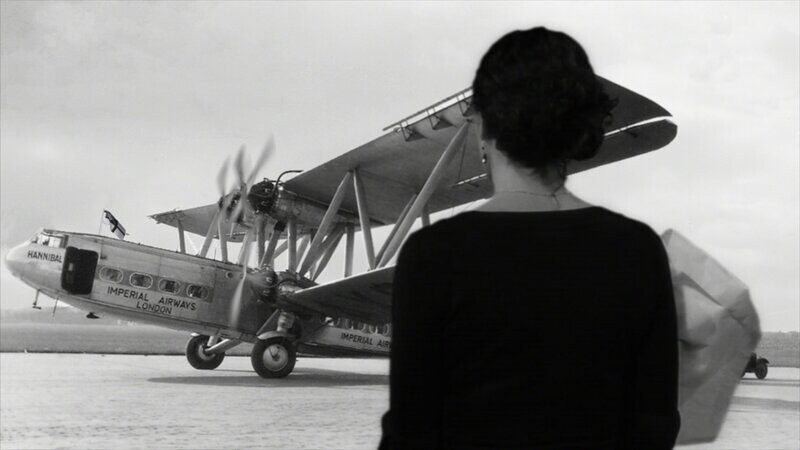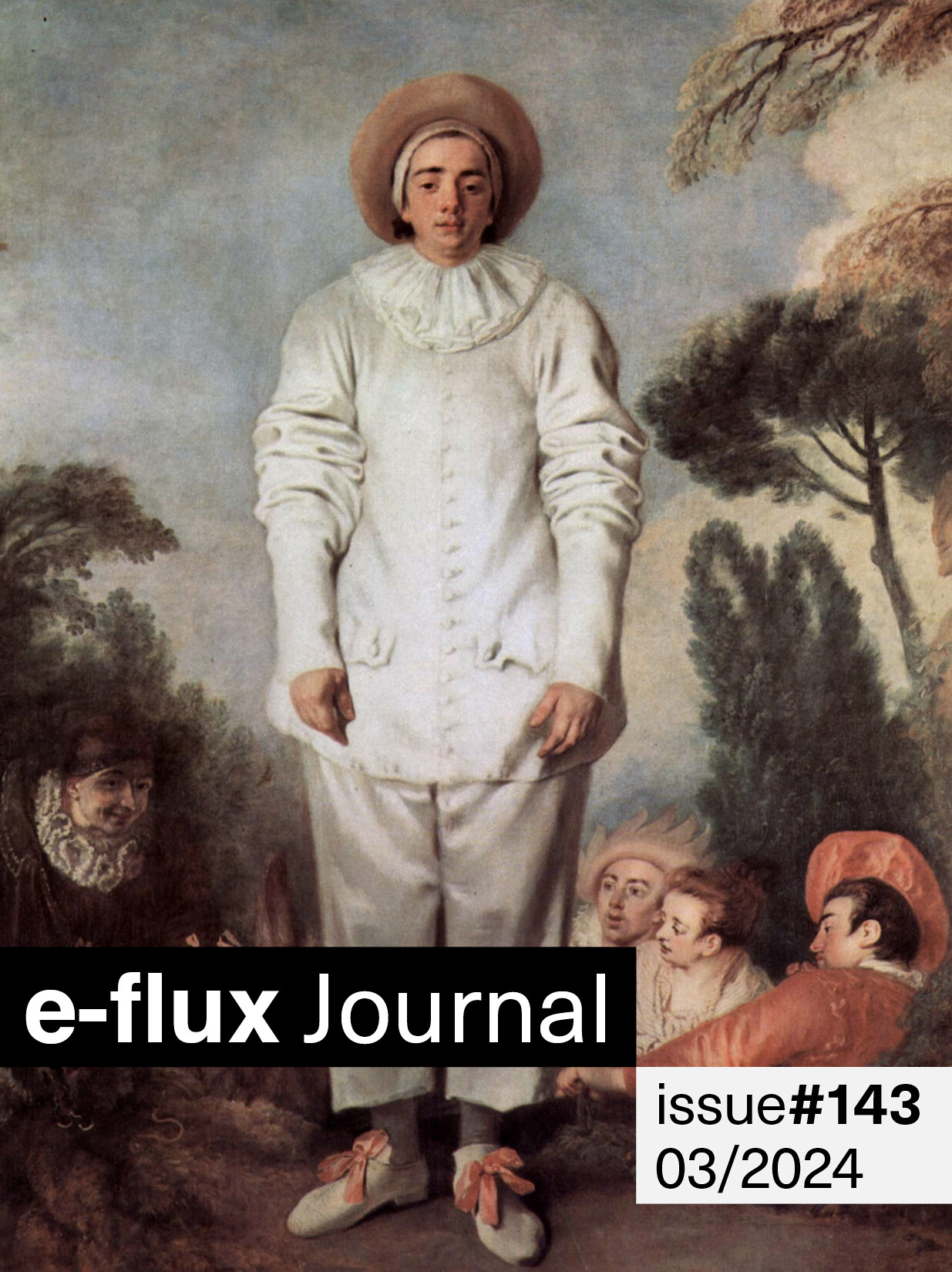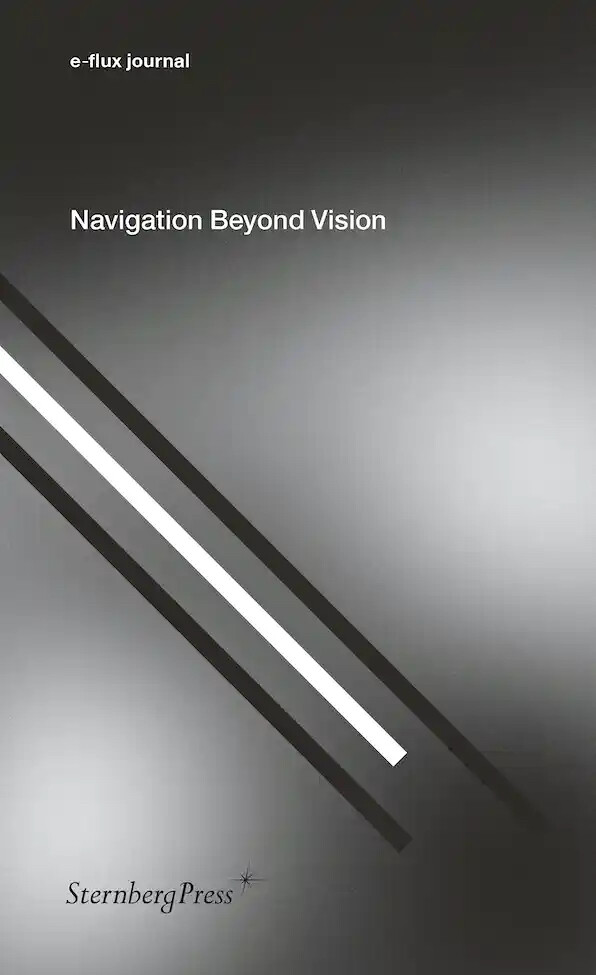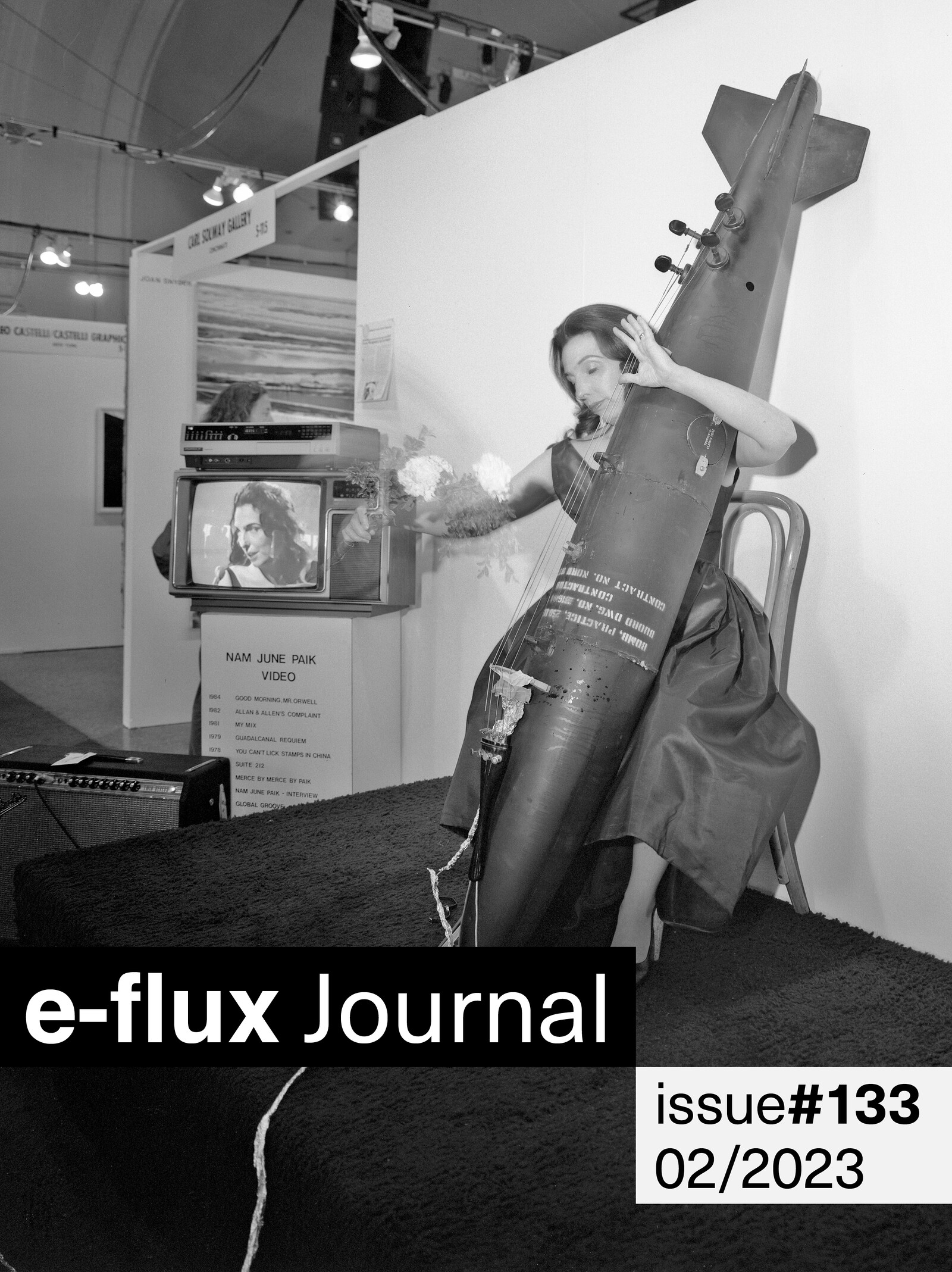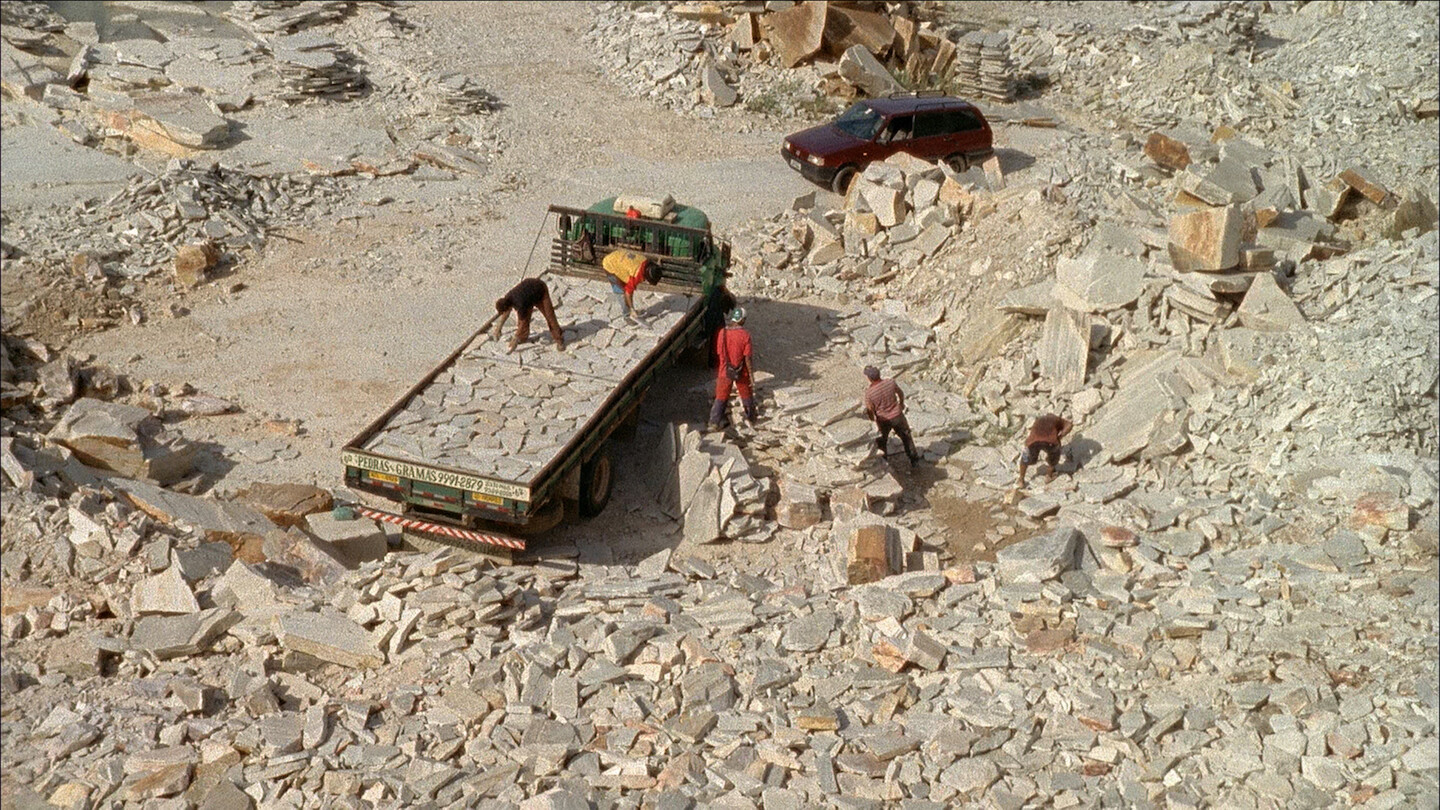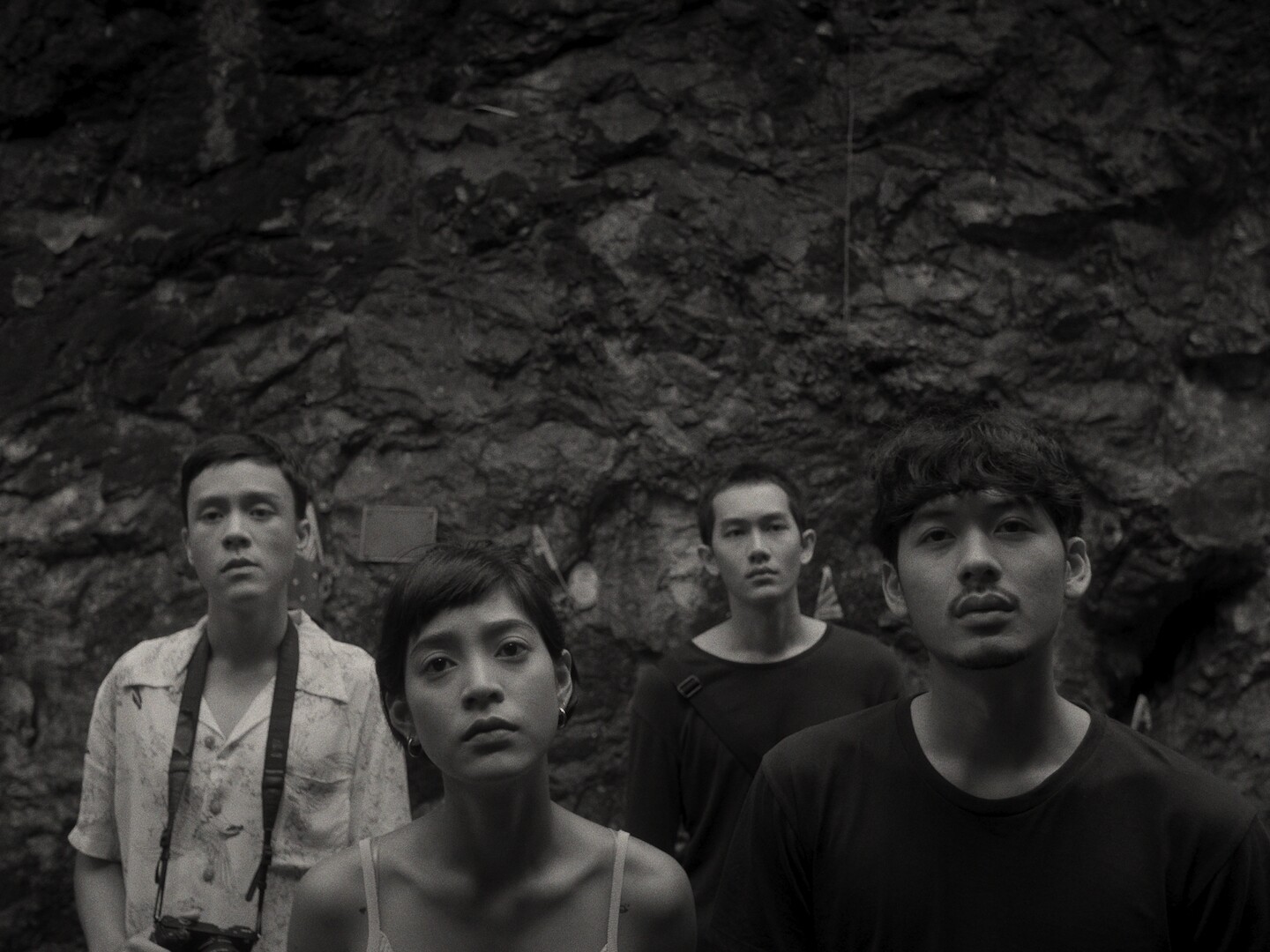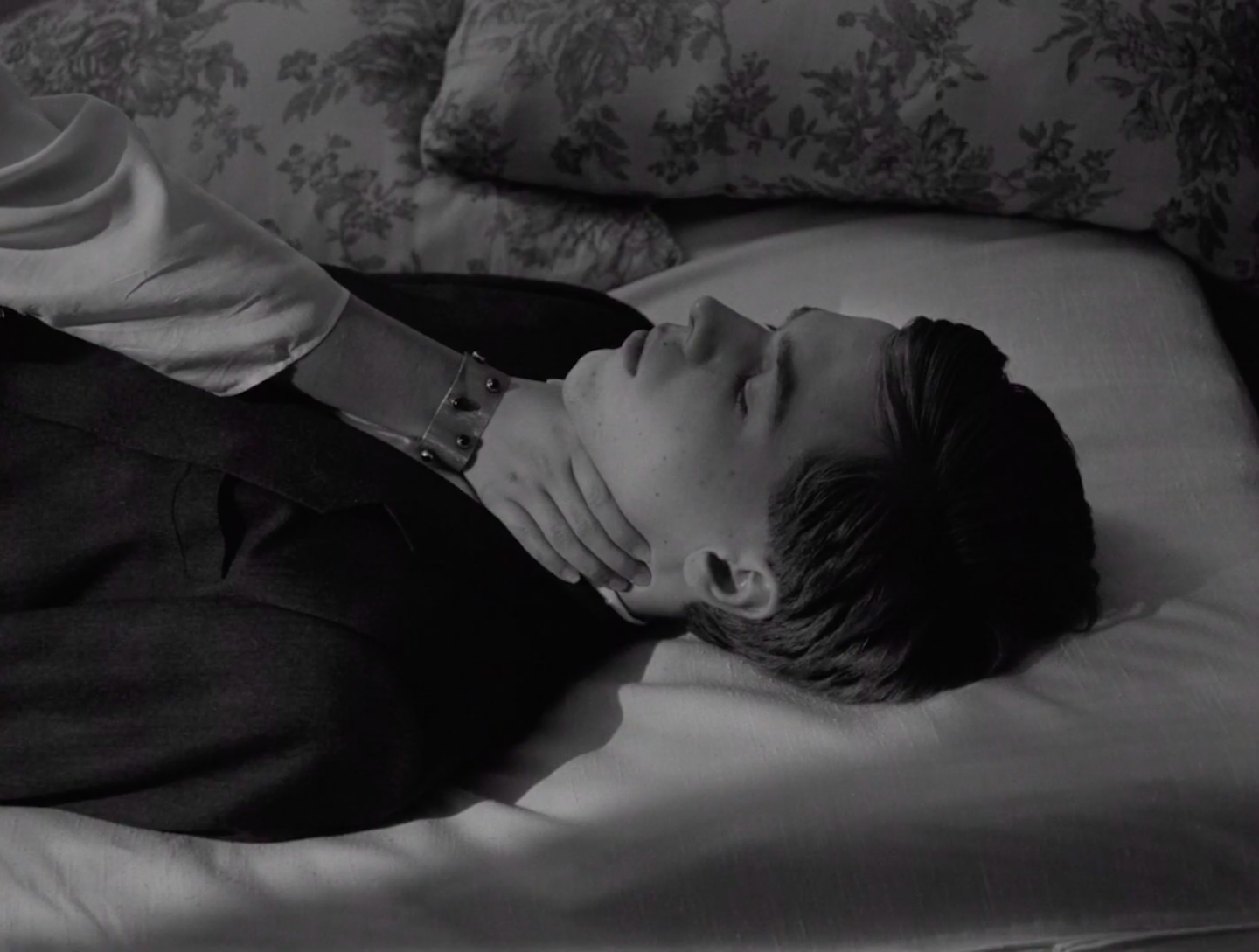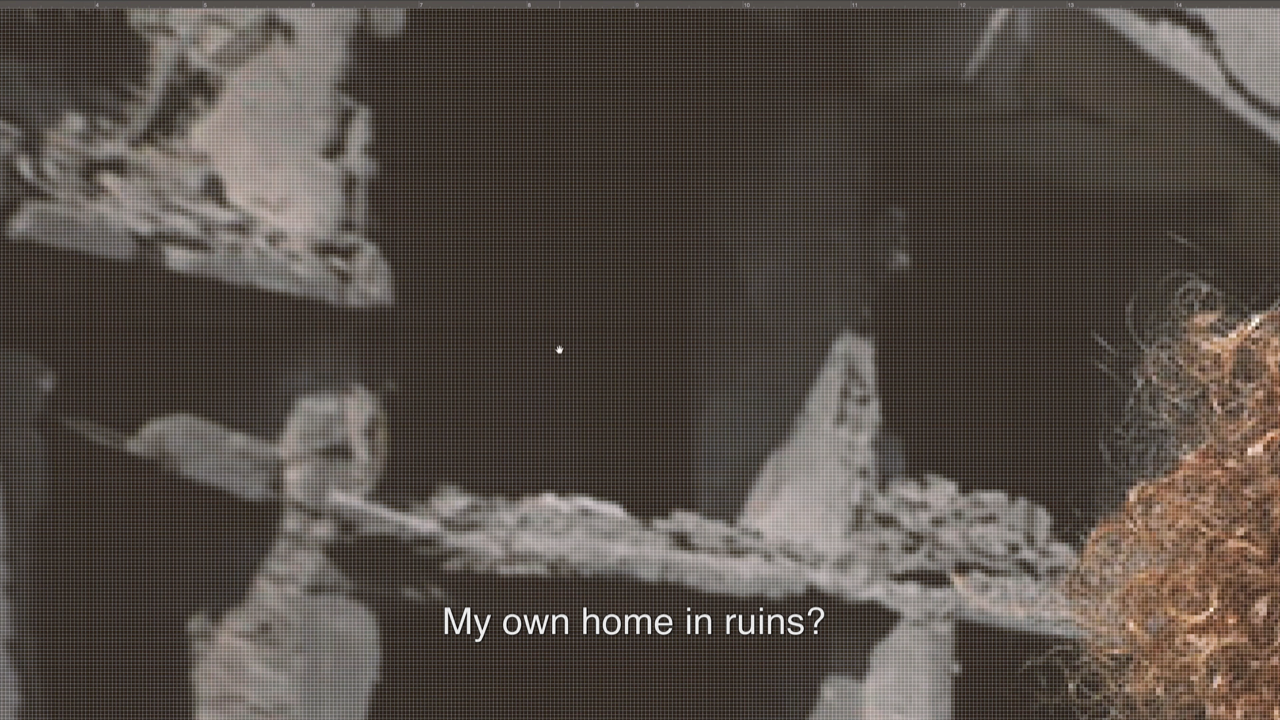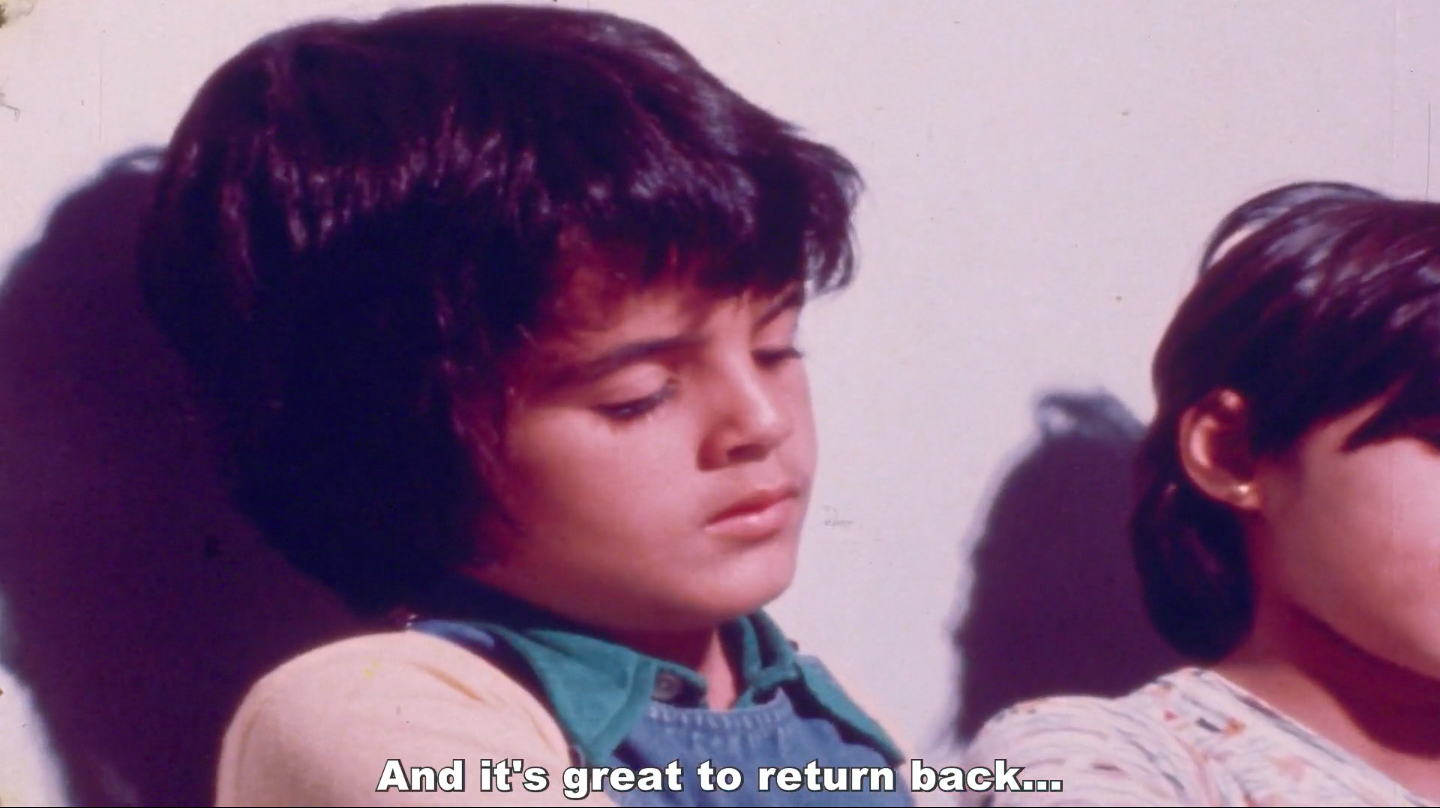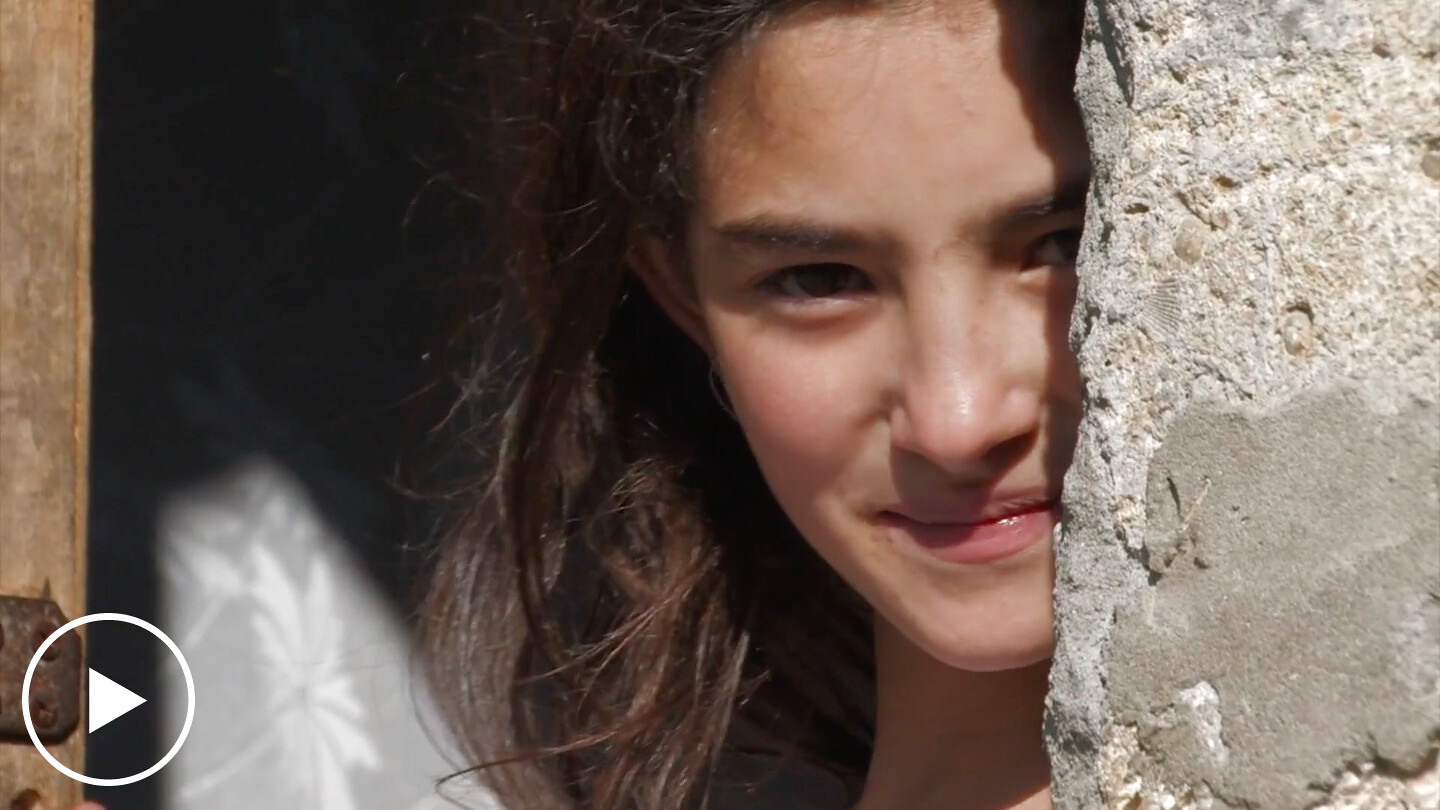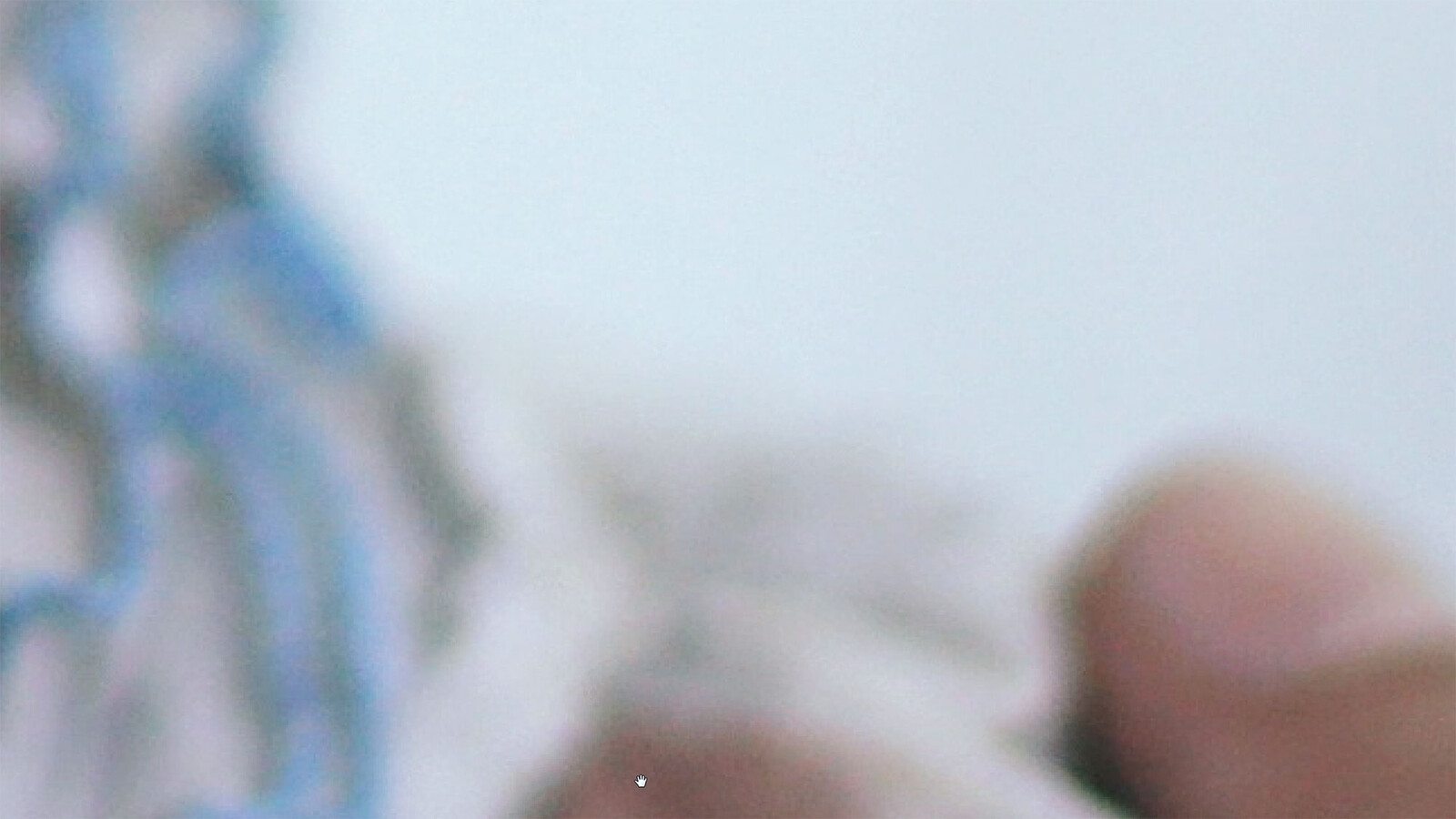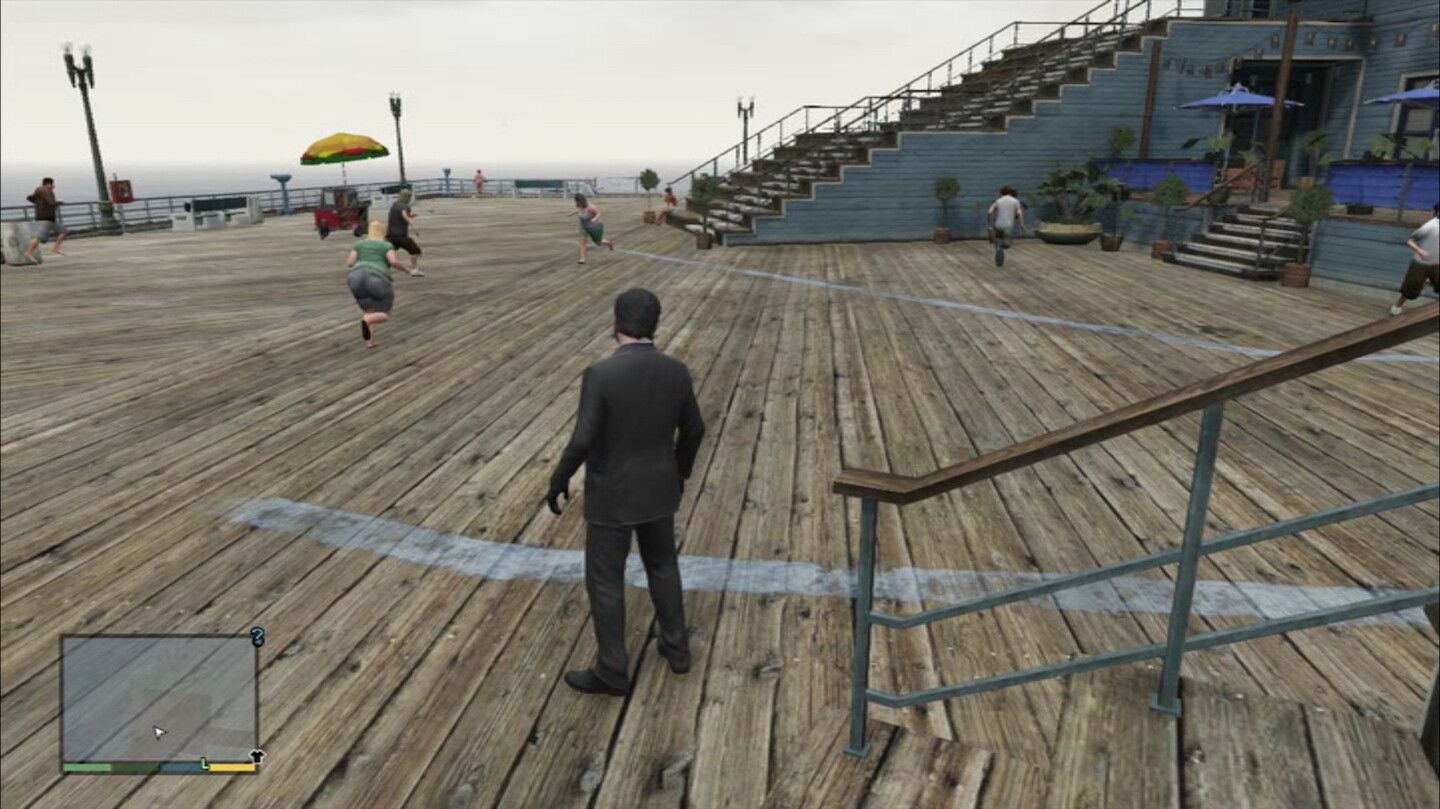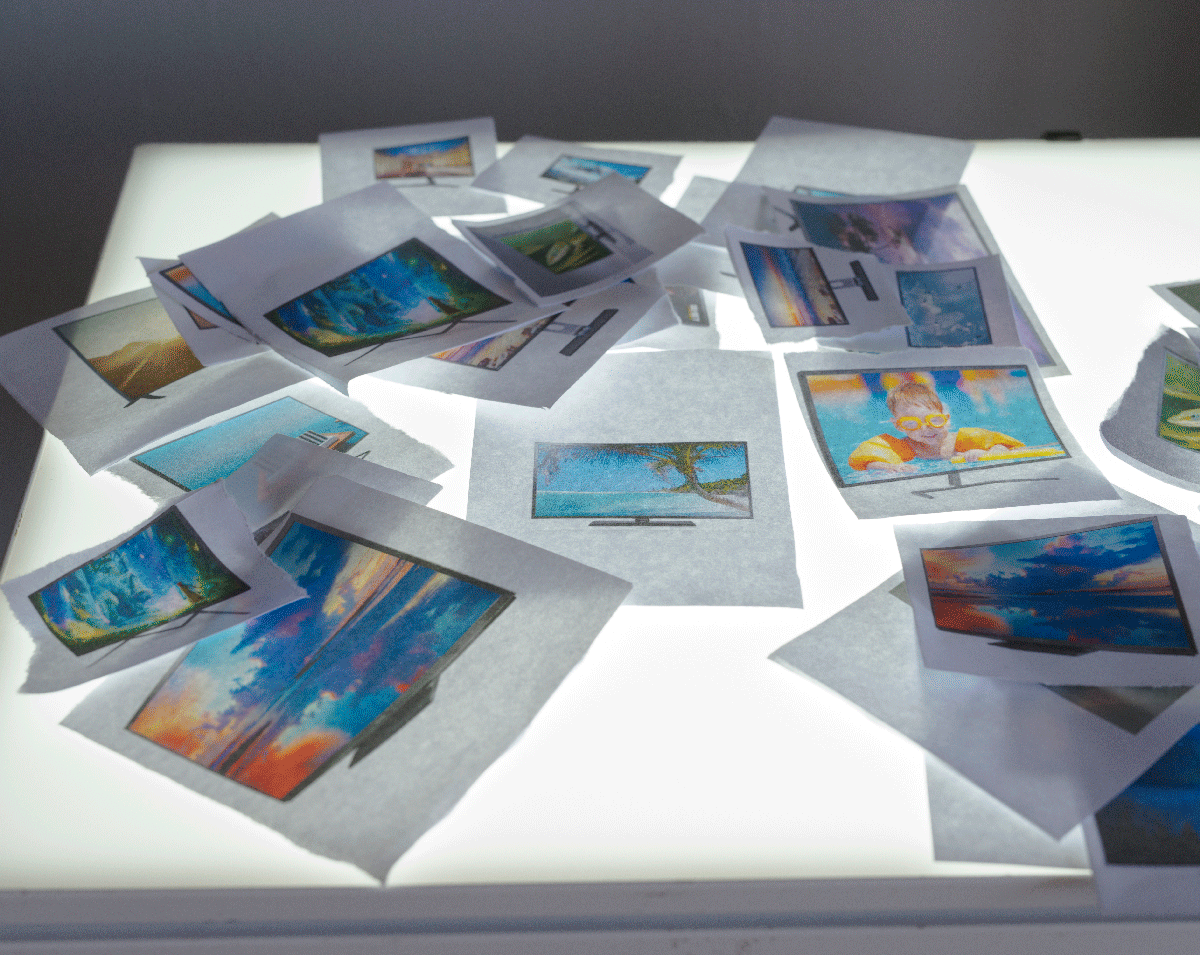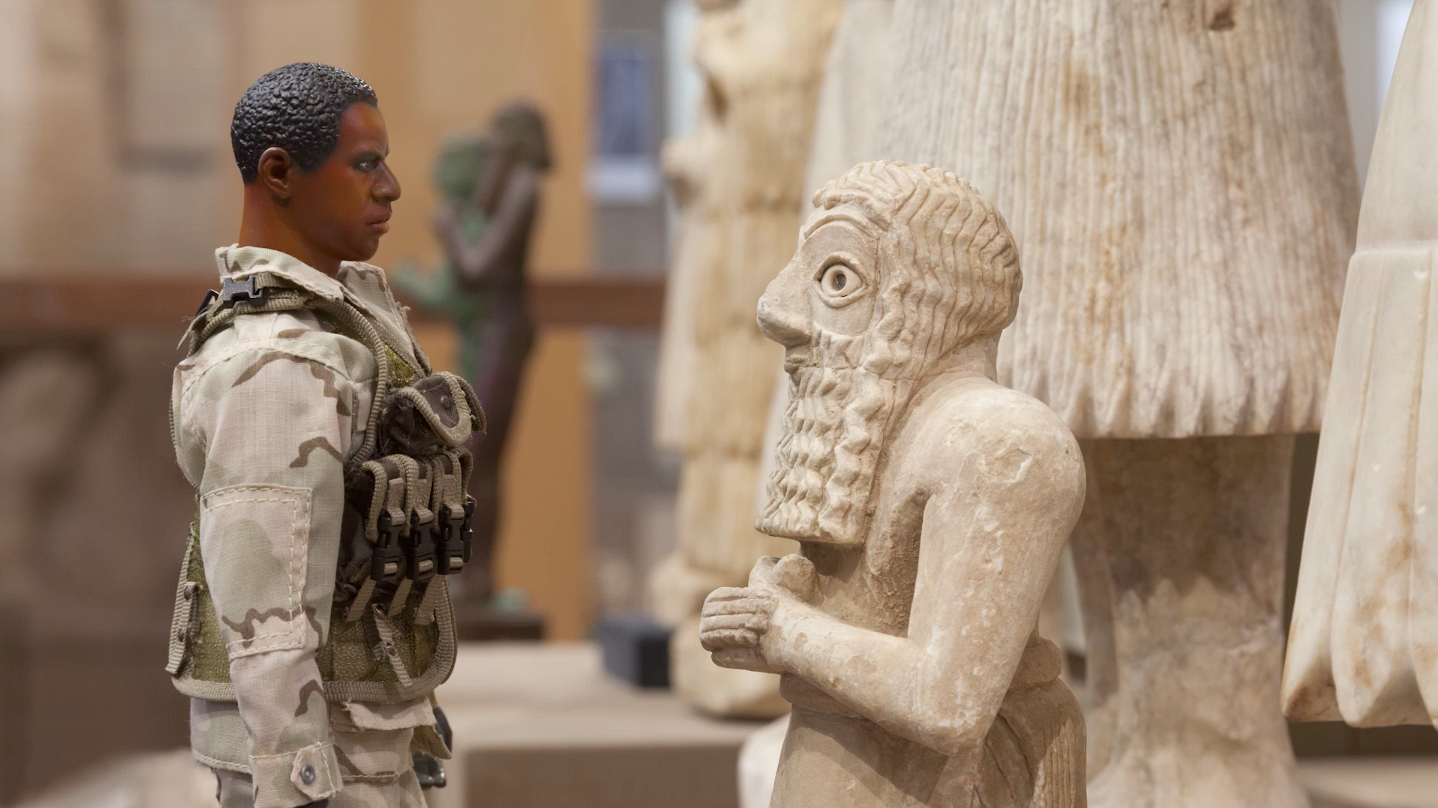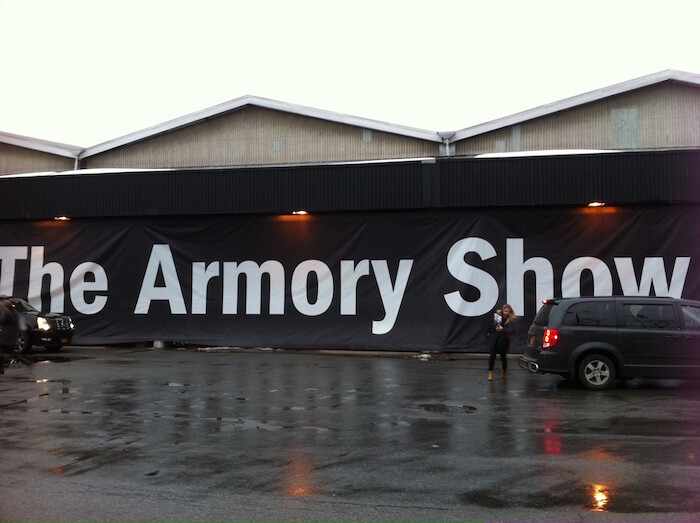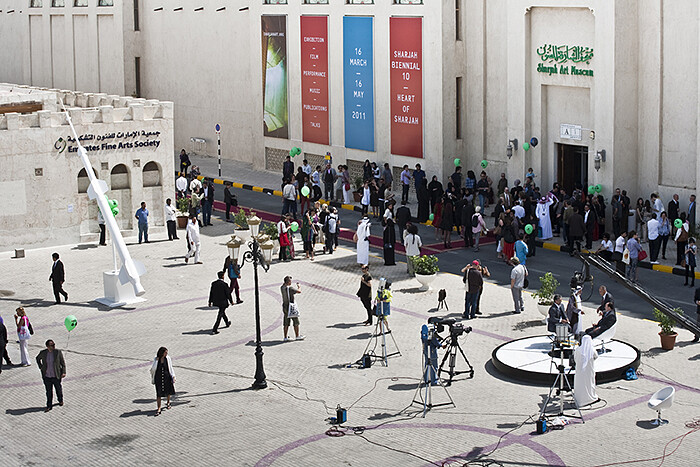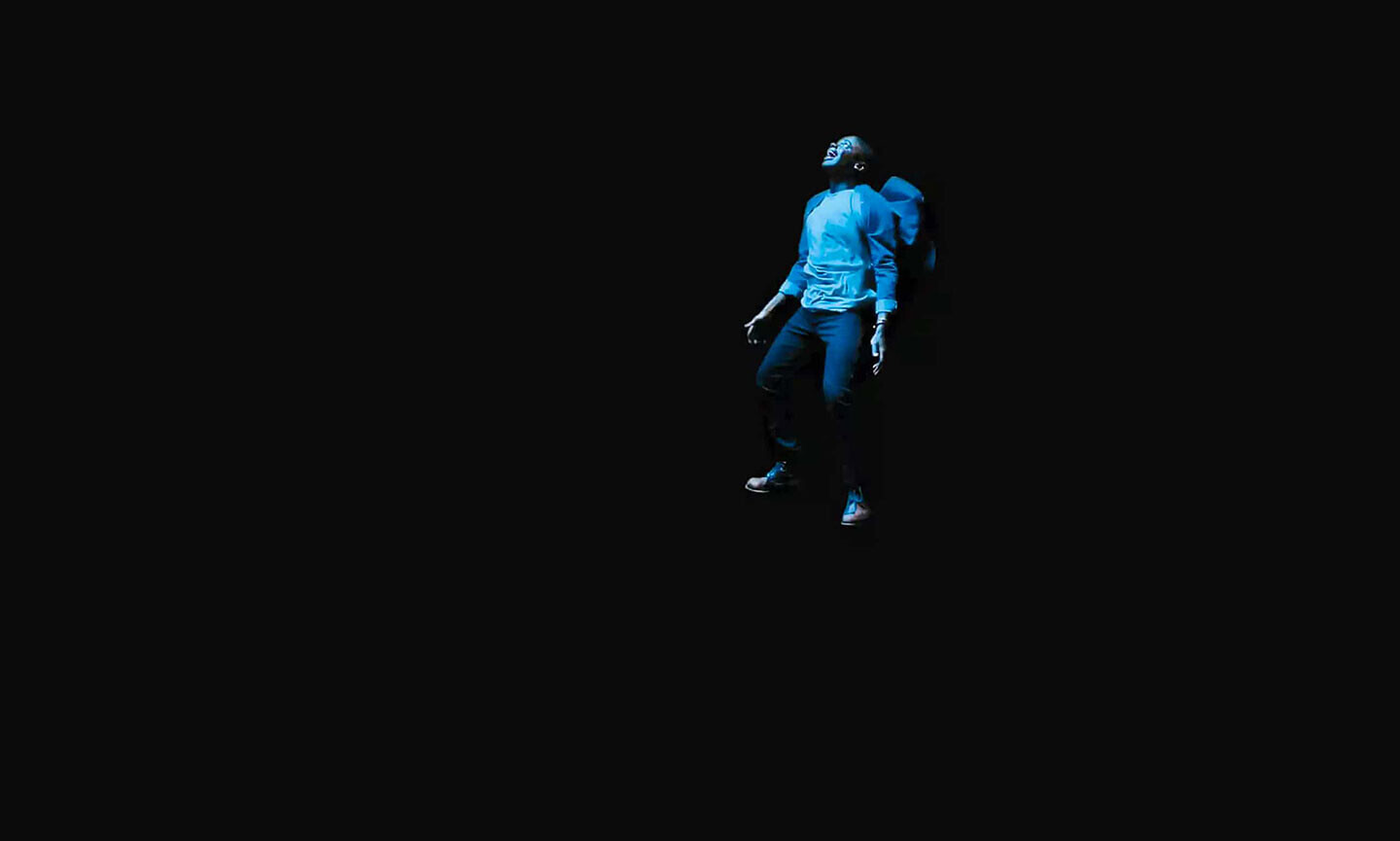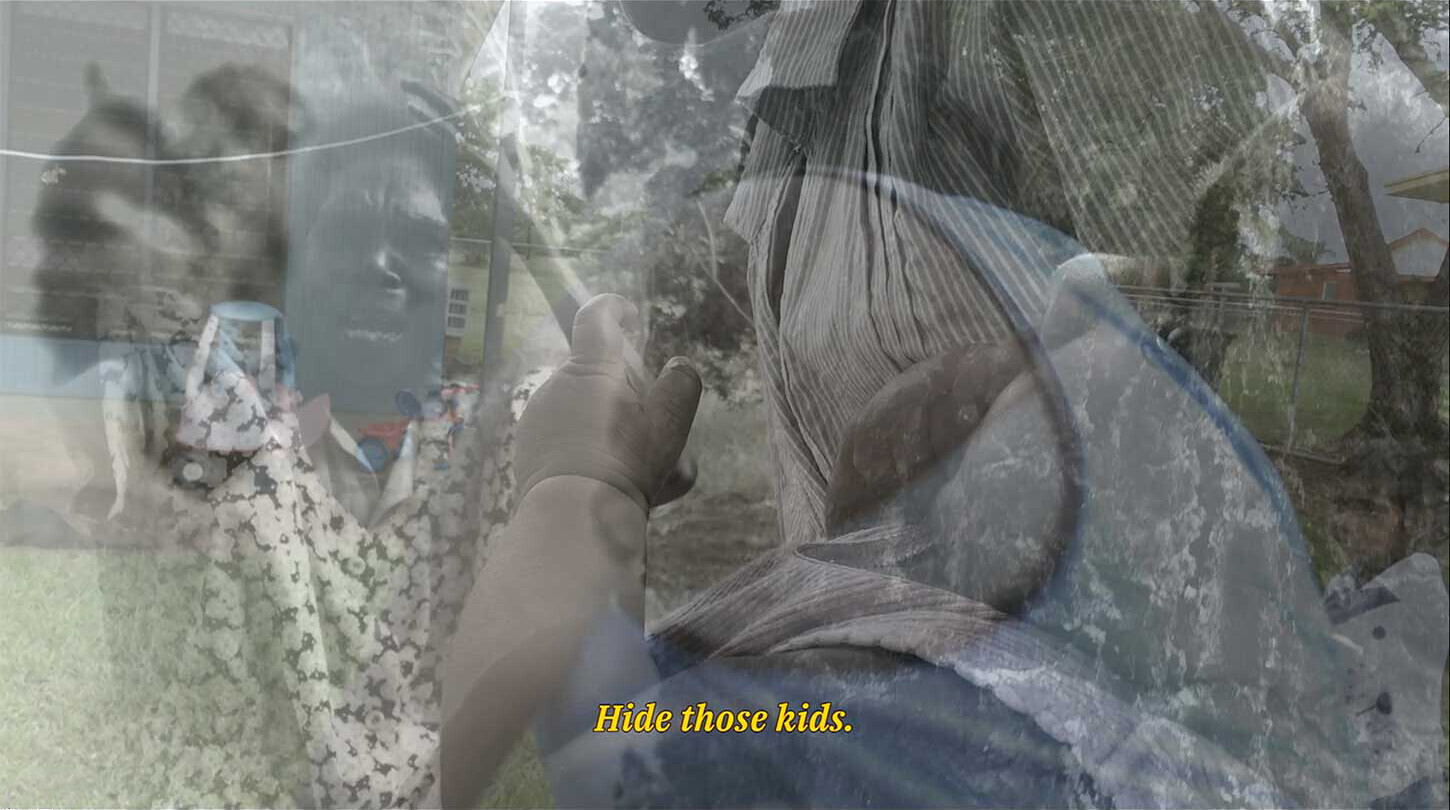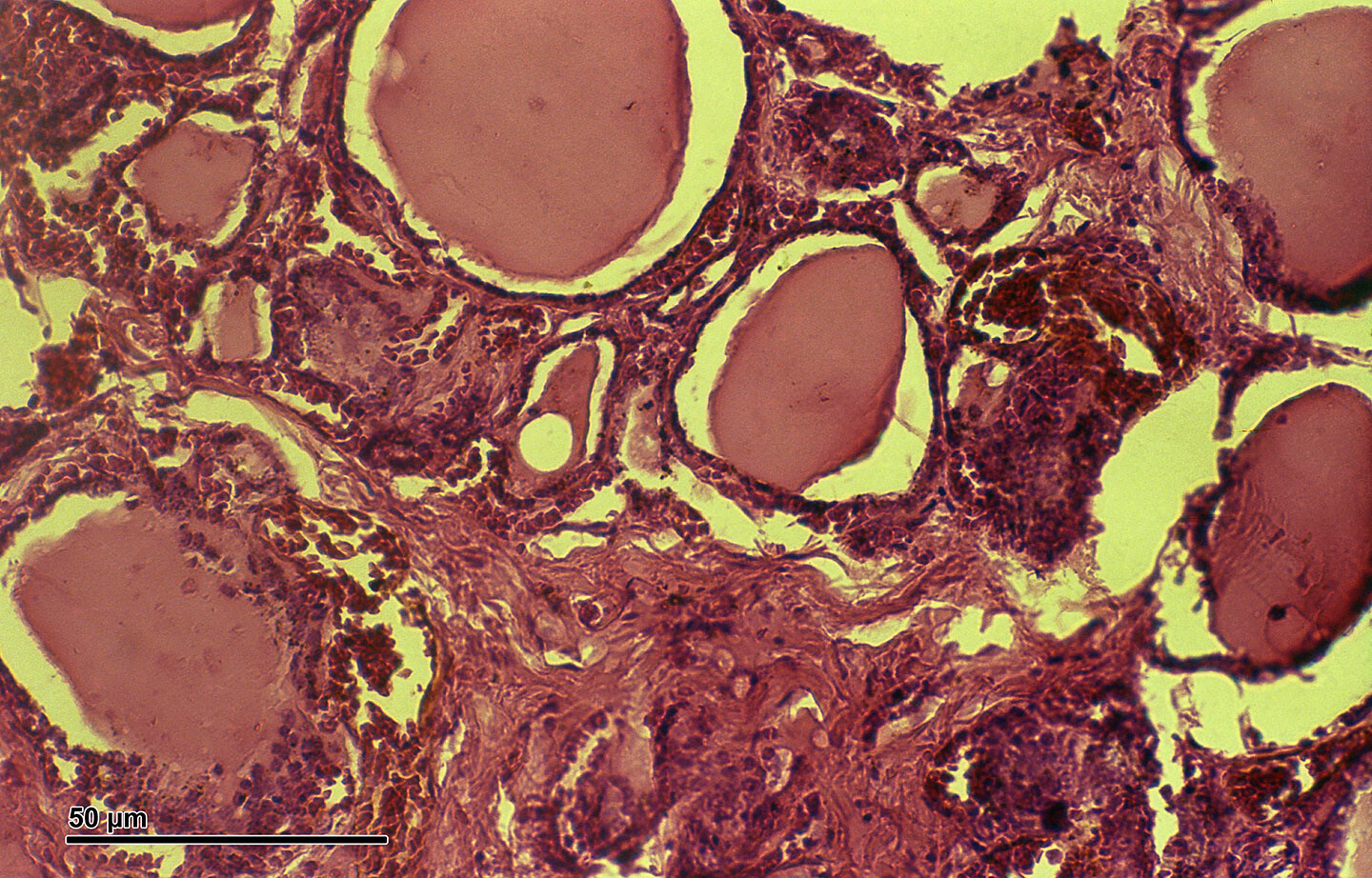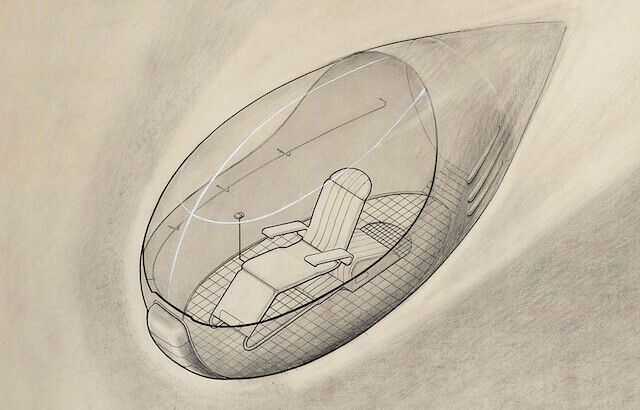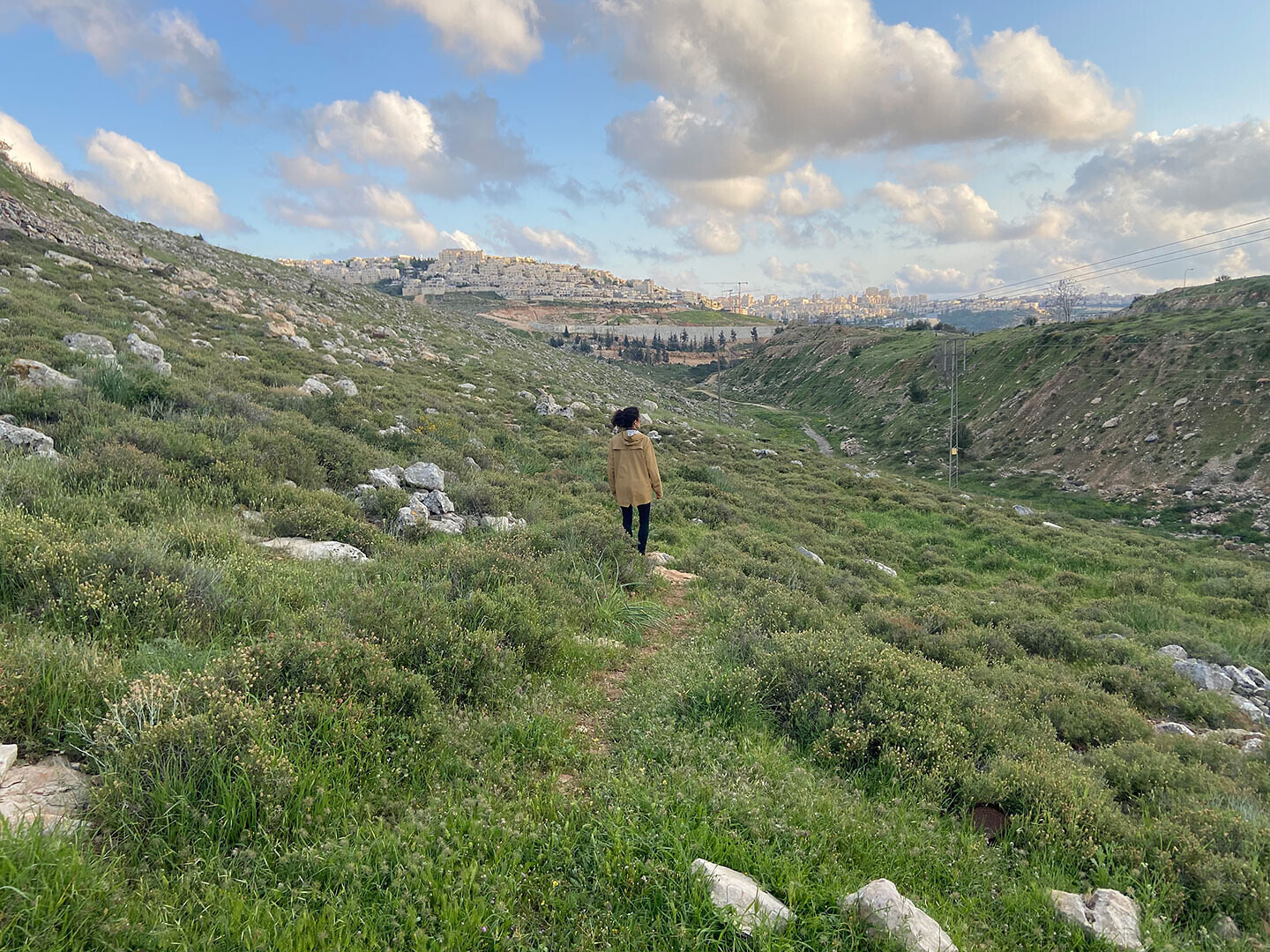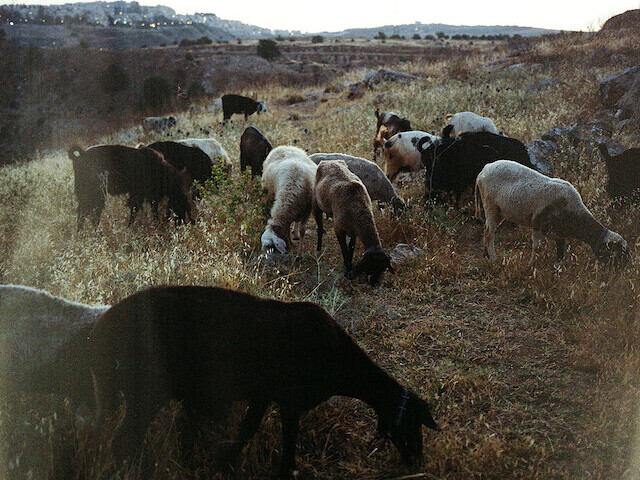Oraib Toukan Read Bio Collapse
Oraib Toukan is an artist, writer, and educator. She is an EUME fellow at the Transregional Forum, Berlin and was a Clarendon scholar at the University of Oxford, Ruskin School of Art where she completed her PhD in 2019. Until 2015 she was head of the Arts Division and Media Studies Program at Bard College at Al Quds University. Toukan is author of the book Sundry Modernism: Materials for a Study of Palestinian Modernism (2017).
On landscapes, ruins, and patterns of remembering
Navigation begins where the map becomes indecipherable. Navigation operates on a plane of immanence in constant motion. Instead of framing or representing the world, the art of navigation continuously updates and adjusts multiple frames from viewpoints within and beyond the world. Navigation is thus an operational practice of synthesizing various orders of magnitude.
Screening and discussion: Ana Vaz, Oraib Toukan, Deimantas Narkevičius, and Martha Rosler
Here and Elsewhere: Horizons of Resistance from Palestine
There is a fracture in the depth of field at which images of suffering are being viewed. The question is not how suffering is represented to us, but at what depth these images can be navigated—in their singular form, and as powerful expanses of understanding. Taking the Palestinian quest for representation as an example of an historic flow of images striving for clarity, I ask: Can another depth of field be utilized that better embodies the mechanics of the digital gaze? If so, how does the gaze get channeled digitally?
e-flux journal and Harun Farocki Institut present: “Art After Culture: Navigation Beyond Vision” at Haus der Kulturen der Welt
Wars have evolved to many more frames per second in the years since the war on Iraq began (and have indeed accelerated because of that war), and we continue to participate in them no matter how undecided, baffled, or distant we are towards them—and no matter who “we” are (just yet). We participate in war because we consume its cruel images, and often at a mediated distance. The Lebanese writer and translator Lina Mounzer profoundly wrote in 2015: “I have buried seven husbands, three fiancés, fifteen sons, and a two-week-old daughter … I have watched my city, Maarrat al-Numan, burn, I have watched my city, Raqqa, burn, I have fled Aleppo … All this I have watched from my living room in Beirut.”
Films, Facts, and Fiction
20 artists from the MENA
Julia Mallory
Megan Hines
Editors

